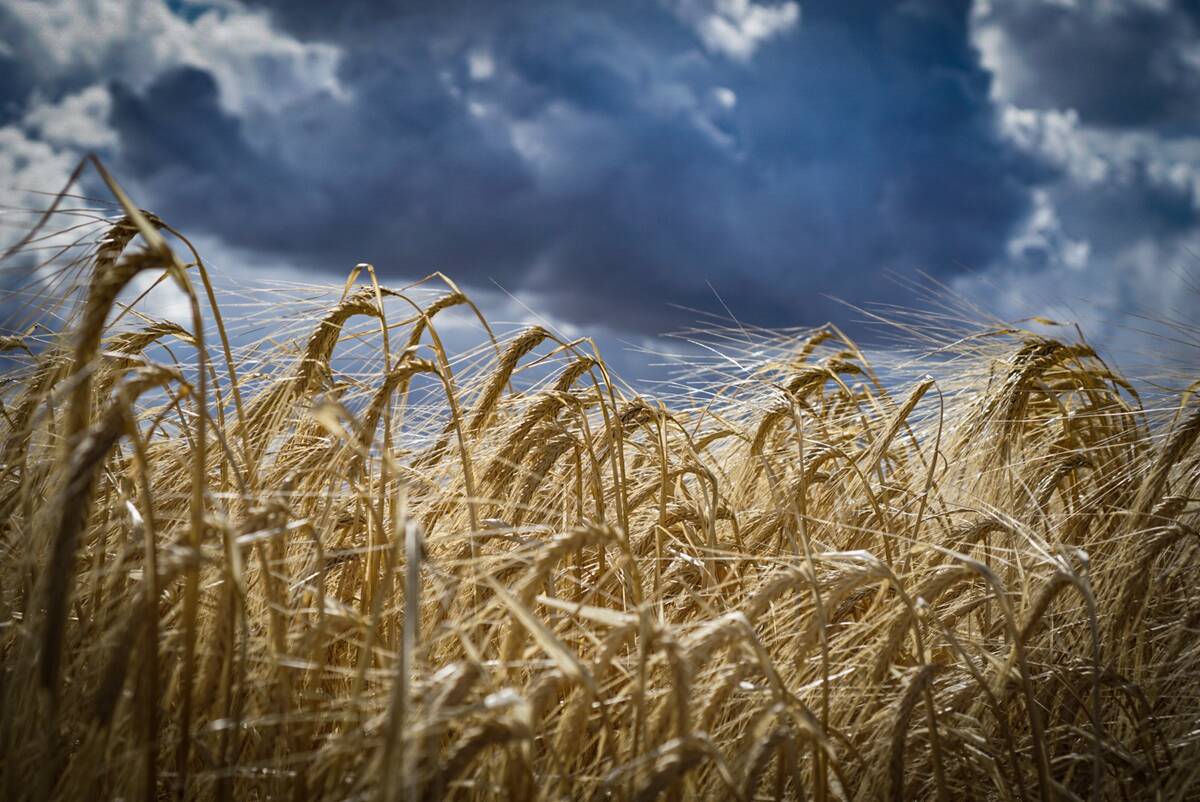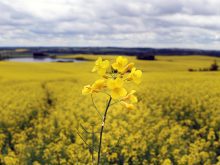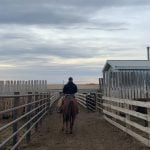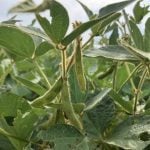CARROT RIVER, Sask. – Chinese symbols tower over all who enter Ag-Vision Seeds Ltd., the business world of Cao Chun Hua.
“If you work harder and smarter, God will protect you,” translates Cao, the Carrot River business’s founder and owner.
A second set of symbols hung above large office windows framing the prairie reads, “keep your focus.”
Cao has spent many nights here building Ag-Vision, a forage contractor, processor and exporter that handles $10 million in annual sales of alfalfa, timothy, bromegrass, clover, wheatgrass and native grass seed.
Read Also

Malting barley exporters target Mexican market
Canada’s barley sector is setting its sights on the Mexican market to help mop up some of the lost demand from China
“I work a lot of long hours,” said Cao, who keeps a bedroll and sleeping bag behind his desk.
The same can be said for his staff of more than 12, he said.
“We don’t work by the hour, but until we get the job done, and we make the customer happy.”
His early years in China’s Jilin province have been a help in connecting with overseas markets, which now make up 75 percent of sales. The remainder is largely in Eastern Canada, with only 10 percent in the West.
Attracted by a dream of riding horses on the vast plains and equipped with a degree in grassland science, Cao came to Canada in 1988 on an exchange program to learn more about the seed business.
He worked with Newfield Seeds in Nipawin, Sask., for almost a decade while earning a seed analyst certificate and the ability to legally document seed quality.
He established Ag-Vision in an old Saskatchewan Wheat Pool building in 1997 with a partner and financing from Farm Credit Canada and the local credit union.
The name was inspired by the future and growth he saw for the company centred in Saskatchewan’s main forage growing area.
He has since bought out his partner and overseen numerous plant expansions, including the recent opening of an office in Vancouver to handle international sales.
Honesty, problem solving, quality and consistency are keys to his success, Cao said.
“If you can’t supply quality, you can’t do business.”
A hodge podge of metal and wooden furniture fills his office, while a planning chart and world map cover the white walls. A series of windows face the parking lot and weigh scale and inside to adjacent offices and reception areas.
The absence of a computer is quickly explained by a tap on his head, meant to represent where he keeps many of his business calculations.
He proves that on a tour of the plant, rattling off the price of each piece of automated machinery that cleaned and bagged the 12 million pounds of seed he sold last year.
While marketing is his forte, accounting is a little tougher job for the seed specialist.
“The hard part is the financial part,” he said.
Like farmers, his business is adversely affected by bad weather.
“The farmer do good, we do good, farmer do bad, we do bad,” he said.
He rides out the roller-coaster world of an agricultural business by carrying a reserve for those lean years, he said. Now 46 and a Canadian citizen, Cao feels well accepted in the community and his chosen business. By his own admission, it’s a departure for a first-generation Asian immigrant.
“In North America, there’s not very many Chinese in seed companies,” he said. “That’s why I wanted to build something here.”
He finds little time available to join service clubs or to volunteer, but gives back to the community through a number of scholarships in local schools.
“In Chinese society, we look after the little and old,” he said.
Cao maintains his links to China through family and business contacts. His parents have visited here and his children return to China each year.
Cao has no regrets about leaving China with his wife Fengjie Jia and their oldest daughter, who is now studying business at an American college. And he points to at least one special joy in their life that would not have been possible under China’s one-child policy – a second daughter now in Grade 7 whom he affectionately dubs Extra.














